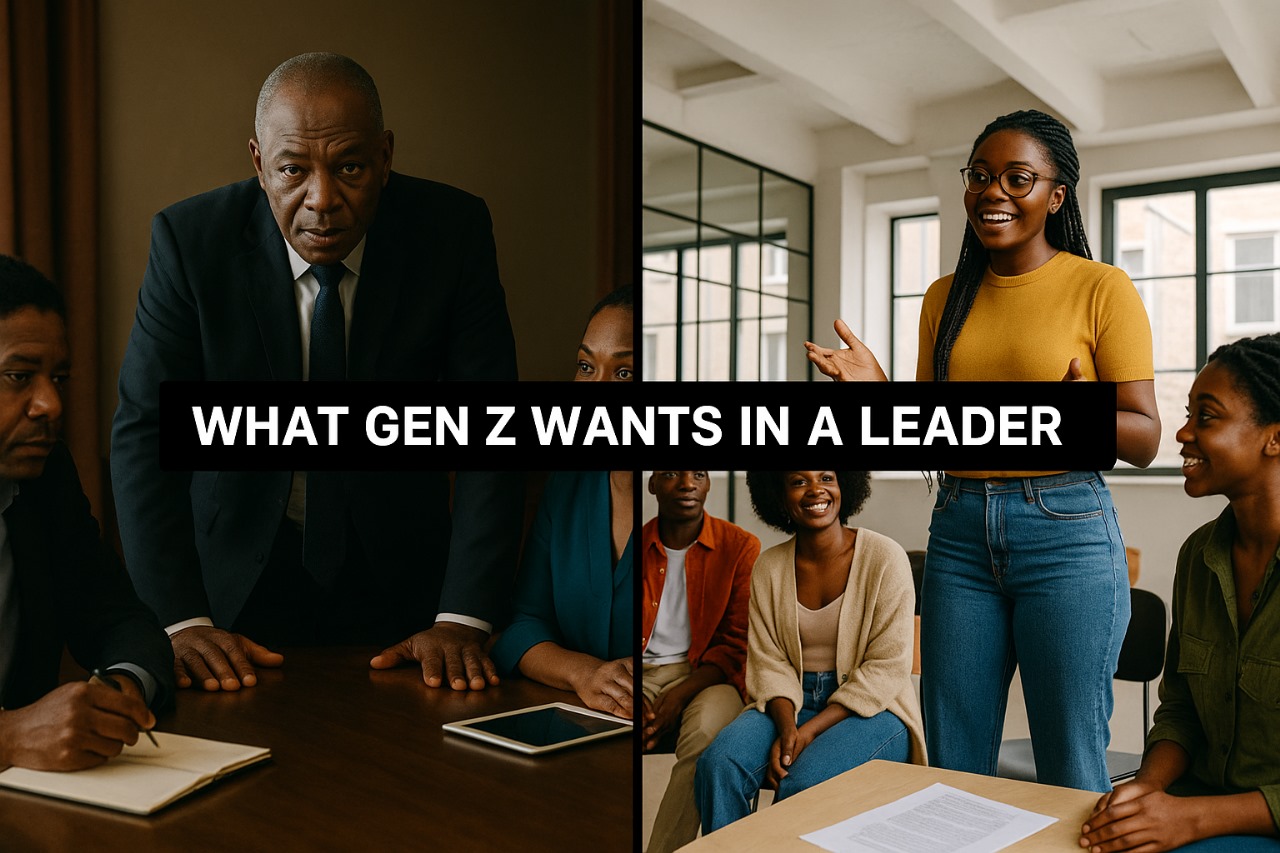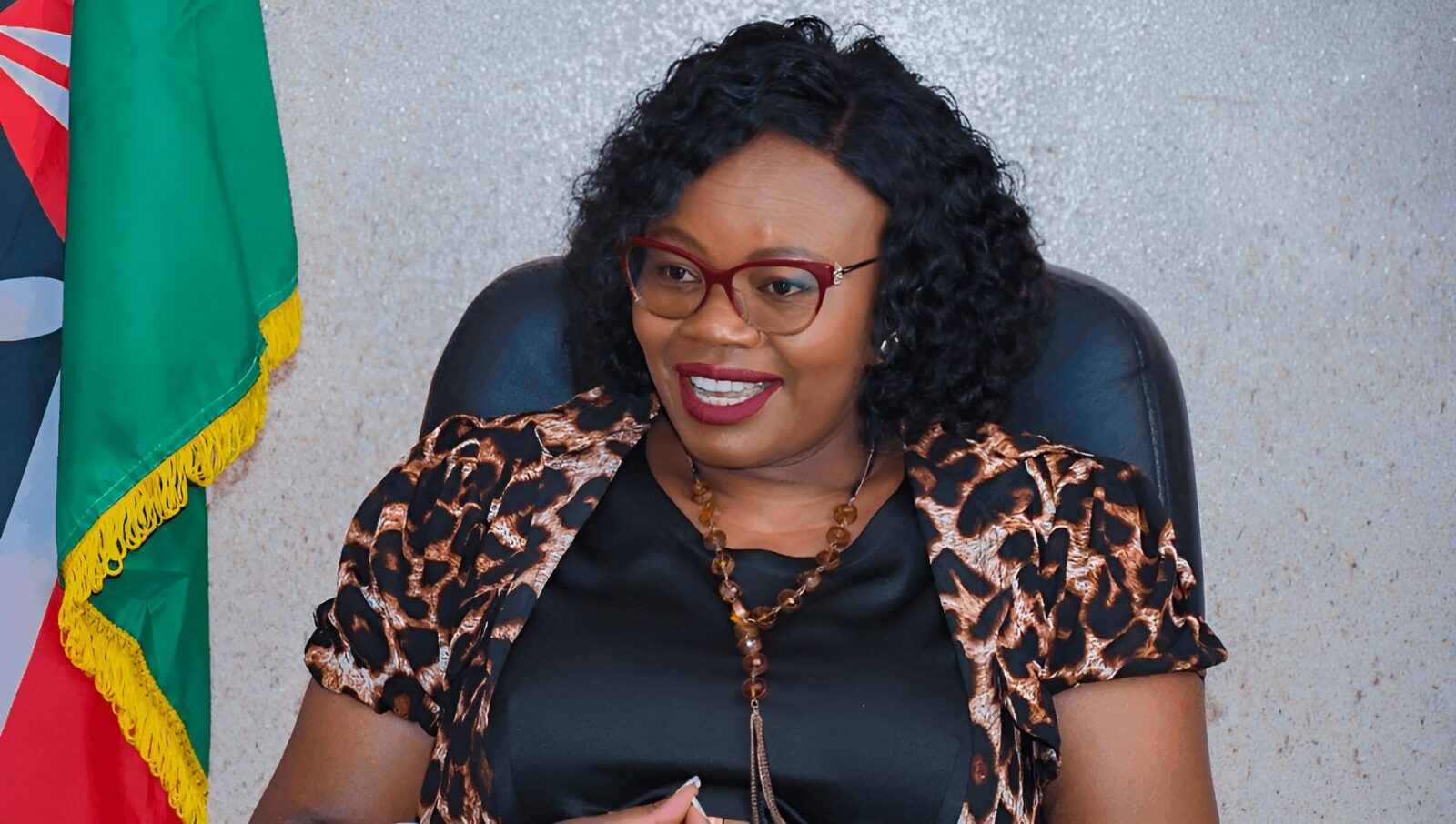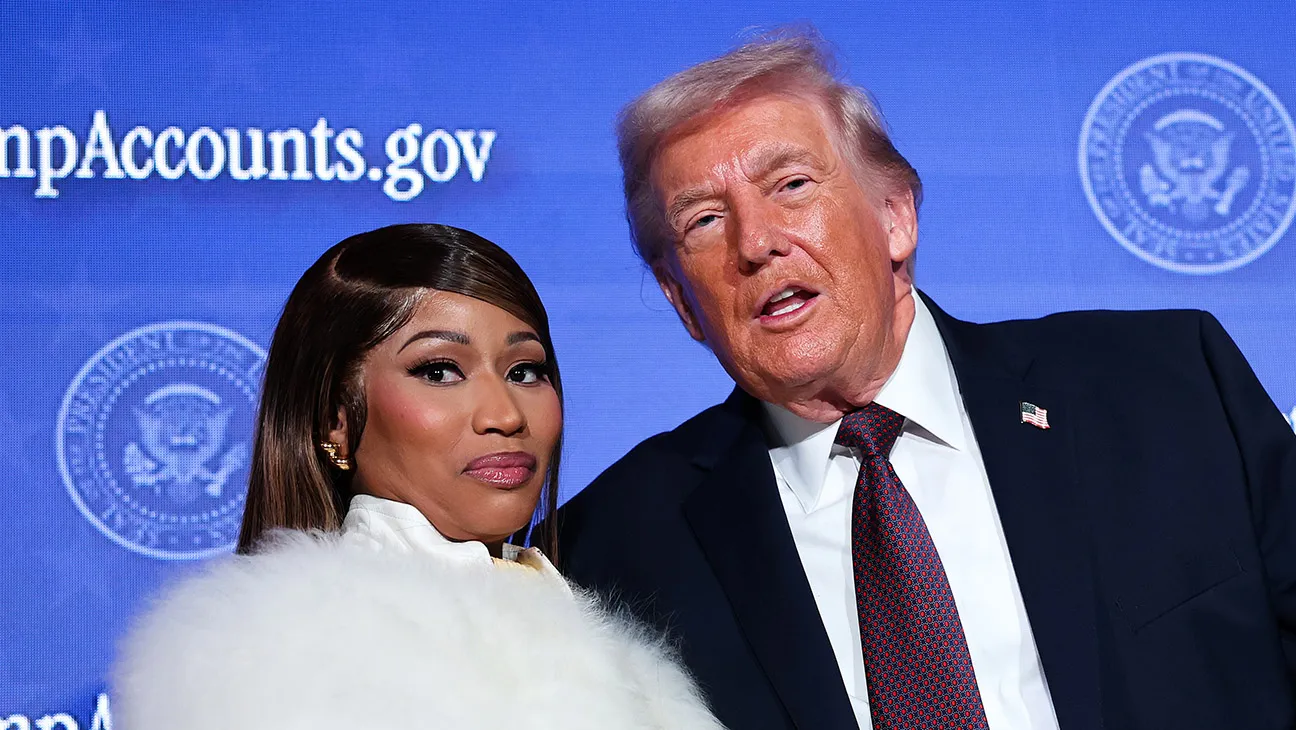A quiet but firm shift is taking place across Kenya. Generation Z, the cohort born roughly between the late 1990s and early 2010s, is beginning to assert itself not just socially and culturally, but in the leadership conversation as well. What distinguishes this generation is not just their digital fluency or creative expression; it is their growing insistence on integrity, inclusion, and a more human-centered approach to leadership. Rather than being driven by confrontation or rebellion, Kenya’s Gen Z is calling for clarity, accountability, and presence. They are not demanding perfection, but they are no longer willing to accept leadership that feels disconnected from their lived realities.
This call for change comes at a time when leadership is under pressure. Political uncertainty, economic strain, and the challenges of a rapidly changing society have created a moment of reckoning for leaders in every sector. Gen Z has grown up watching the promises of leadership fall short: education systems that feel out of reach, public service that too often serves the few, and corporate structures that speak of innovation but struggle with inclusion. Yet rather than retreat into silence, many Gen Z voices are rising; not in anger, but in clarity. They are asking important questions: Who do we trust? What do we value? Who is really listening?
At the center of their expectations is a foundational principle: credibility. Leadership experts have long emphasized that true leadership credibility is built on a balance of expertise and trust. Gen Z holds tightly to this standard. They are not impressed by titles or status; they care about consistency and follow-through. Leaders who keep their word, admit mistakes, and communicate transparently are far more likely to earn their respect than those who simply command authority. Trust is not assumed. It is earned, and it is maintained through integrity in everyday decisions.
Inclusion is another core expectation. Gen Z wants more than just representation; they want meaningful engagement. In classrooms, offices, boardrooms, and national platforms, they want to see leaders who listen as much as they speak, and who create space for different voices to be heard and considered. For them, collaboration is not a management technique; it’s a basic expectation. They thrive in environments where ideas are exchanged freely, where different experiences are respected, and where leadership does not isolate but invites participation.
Alongside inclusion is the desire for values-based leadership. This generation is highly attuned to purpose in how they work, how they learn, and how they live. Leaders, whether in politics or in business, are expected to model the values they promote. Ethical leadership, fairness in decision-making, and a clear moral compass are not idealistic dreams to Gen Z, they are minimum requirements. They appreciate transparency, not just in messaging, but in action. They are more likely to stand with leaders who take principled stands, even if they are imperfect, than with those who avoid accountability.
Emotional intelligence has also emerged as a key leadership trait in Gen Z’s eyes. With increasing attention to mental health and wellbeing, particularly in the wake of global challenges, this generation values leaders who are not only effective but empathetic. They respond well to leaders who are approachable, who understand the weight of stress in everyday life, and who foster a supportive and respectful environment. Kindness and understanding are no longer “soft skills”, they are core expectations for anyone in a position of influence.
This generational shift offers Kenyan leaders across sectors a valuable opportunity. Rather than dismiss these new expectations as youthful idealism, we would do well to see them as a reflection of the evolving demands of a modern, informed, and engaged society. Gen Z is not turning away from leadership; they are redefining it. And they are inviting those already in leadership roles to reflect, grow, and adapt.
Whether you are a political leader, a corporate manager, a teacher, or a community organizer, the message from Gen Z is the same: be honest, be open, be human. Leadership today is not about commanding from above; it is about connecting across. Gen Z is not asking to be impressed, they are asking to be included, respected, and empowered.
In their calm, persistent way, this generation is calling us to rethink what leadership means. And if we listen carefully, we might just discover that their vision,rooted in trust, values, and empathy is exactly the kind of leadership Kenya needs today.












